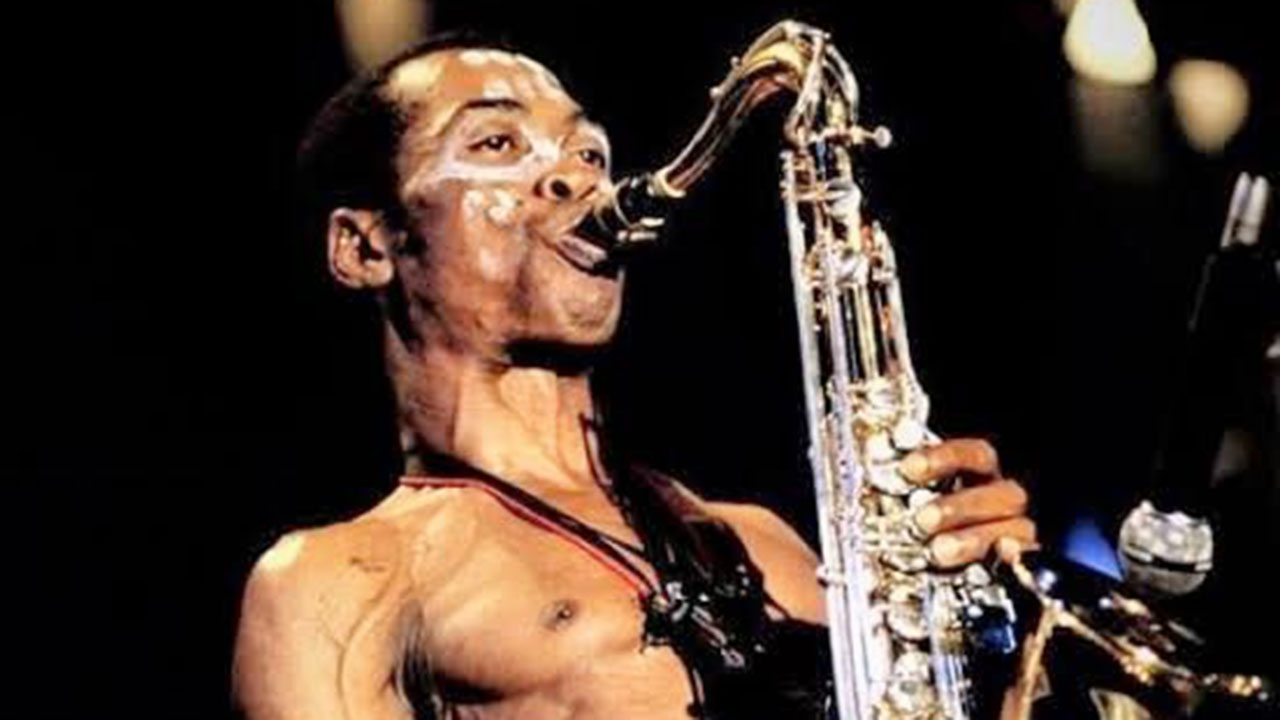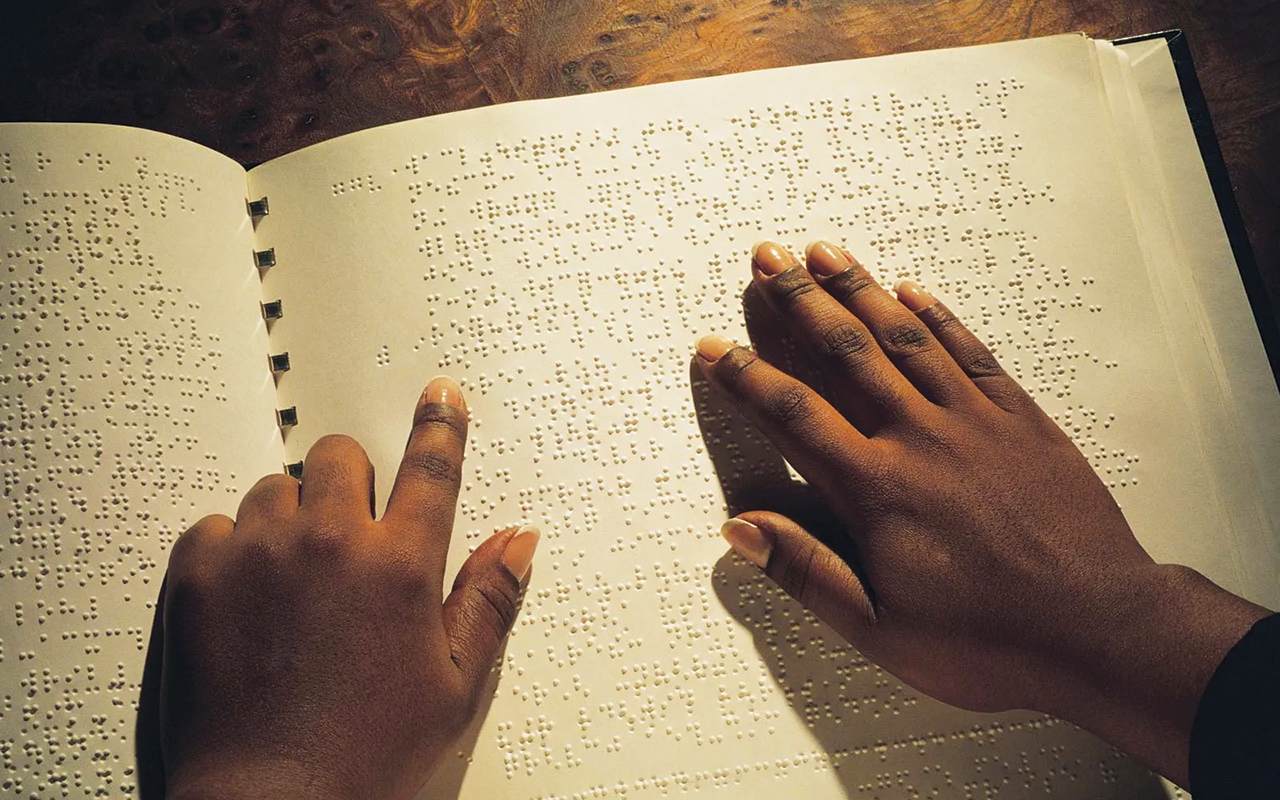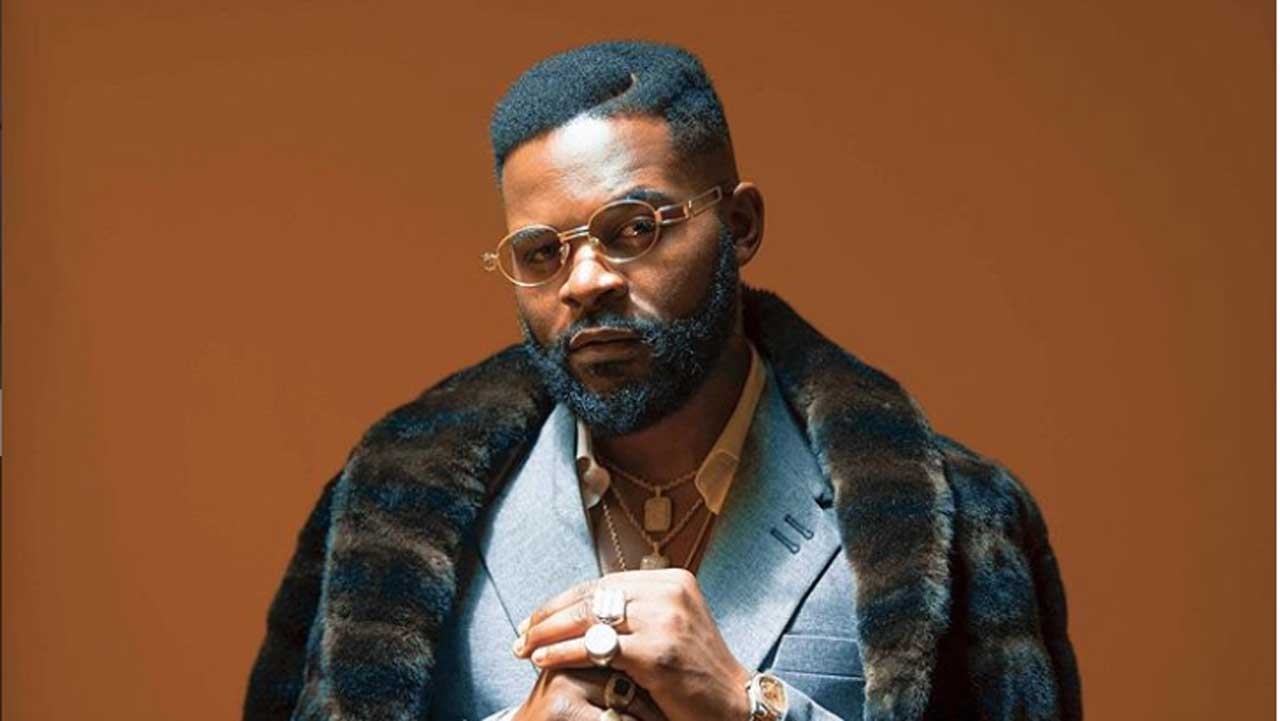
Though the training workshop for the museum professionals may have come and gone, the memories and experiences will still remain evergreen in the minds of participants, who are now well equipped in collection and storage management. The workshop would not have come at a better time than now, as many museums across Nigeria are faced with lack of proper storage facilities.
Re-Org Nigeria was launched at the National Museum, Jos, and is in partnership with the International Centre for the Study of Preservation and conservation of cultural property (ICCROM), National Commission for Museums and Monuments (NCMM) and Ahmadu Bello University (ABU), Zaria. The re-org training workshop, which was funded by the U.S. Ambassadors Funds for Cultural Preservation, had one participant from University of Ibadan, four participants from Ahmadu Bello University, Zaria, and eighteen participants from 18 museums of the National Commission for Museums and Monuments network across the country.
The objectives are to tackle challenges of size and variety of collections, space limitation and lack of storage within the museums.
The Re-Org tools and guidance developed by a team of 15 professionals from five continents are a series of self-teaching, didactic tools intended for smaller museums (under 10,000 objects), which do not have access to outside expertise and whose collections in storage are at risk due to incomplete documentation systems and growing problems related to over-crowding and difficulties in access.
The holistic approaches of Re-Org, in storage and reorganisation, are classified into four components namely, management, collection, building and space, as well as furniture and small equipment.
The NCMM is fortunate to have a pragmatic and proactive Director-General, Mallam Yusuf Abdallah Usman, who quickly supported the proposal by a Nigerian, Dr. Abubakar Sule of Department of Archeology, Ahmadu Bello University, Zaria, who attended a similar workshop in China in 2015 for the Re-Org programme to be held in Nigeria. Perhaps, one of the gains of the Re-Org Workshop to the museum professionals is that they are now well-equipped with the experience to handle storage issues of whatever kind.
The knowledge gained by the museum professionals at the training workshop has also exposed them to the dangers of putting objects on the floor, which are prone to being damaged easily, or can be attacked by rodents. Before now, the storage facilities in the stores are obsolete and in bad shape. With the new storage facilities put in place, the stores are now well organised. The difficulties being experienced while trying to locate an object in the past has been addressed. An object can now be identified easily without hitch.
The storage areas have now been expanded to accommodate more objects that were on the floor or have just arrived. To a museum professional, the Re-Org Workshop created a wider knowledge on how to store museum collections as to know the number of objects in the storage as well as doing simple things to get greater results. Equally lucky are the participants from the 18 museums in the country that met the requirement to participate in the 14-day energy-sapping training workshop, having been equipped with the right training to overcome some major challenges bedeviling most museums in developing countries.
The selected museums for the workshop should form a nucleus for the implementation of the programme at the local level, while staff that were privileged to participate should hold seminars for their colleagues and transmit the knowledge acquired, as it would go a long way in opening the museum to the outside world.
With the National Museum, Jos, as a pilot scheme for the Re-Org Workshop, the museum stores are now wearing a new look, indicating the massive successes recorded in storage management. The stores are now properly organised and much better than they used to be. When other museums follow suit in the management of storage collections, it will make it easier for objects to be identified and proper documentation made on them.
One of the main objectives of the organisers of Re-Org Nigeria is building a team that can work together to achieve the desired goal: a team with one idea, one vision. This will enable the museum professionals to work with ease and understanding for greater productivity.
MOTIVATION in workspace is a way of making workers put in their best and do the job with passion. The museum professionals will continue to put in the best by participating in both local and foreign trainings. The lead teacher of the Re-Org Nigeria and his team, De Guichen, a retired staff of ICCROM and now a consultant, Catherine Anthormachi, Director of Collections Unit at ICCROM and Mr. Terry Little, who was the representative of the U.S. Ambassador’s Funds for Cultural Preservation. These resource persons, through commitment and hard work, have imparted their expertise on the participants who have been exposed to the management of storage collections in a professional way.
The Re-Org Nigeria workshop also had some Nigerian mentors, namely: Mr. Peter Odey, who is the Director of Museums Department, Mr. Uzoma Nwosu, a retired staff of NCMM, Mrs. Annah Dunkrah, Assistant Director, Museums Department, Dr. Abu Edet, a lecturer at the University of Calabar and Dr. Abubakar Sule, a Lecturer at the Ahmadu Bello University, Zaria. The mentors were in charge of five teams that were created during the programme with the task to work in the stores. In the near future, the mentors will supervise home projects of the selected museums to ensure they carry out their own Re-Org effectively.
To keep record of the 15-day training workshop, certificates for the participants were signed by the partners, ICCROM, NCMM and ABU.
With the foregoing, it can be stated that the participants, after this training and with the kind of exposure they have received on collections and storage management, can be compared with other museum professionals around the world. The Re-Org experience will no doubt showcase the Nigerian museums and bring them to limelight. The successes recorded in the Re-Org Workshop as manifested at the closing ceremony was indication that Nigerian museums will soon become centres of attraction for more tourists to visit.
• Samuel Bakari is the PRO, National Museum, Abuja






